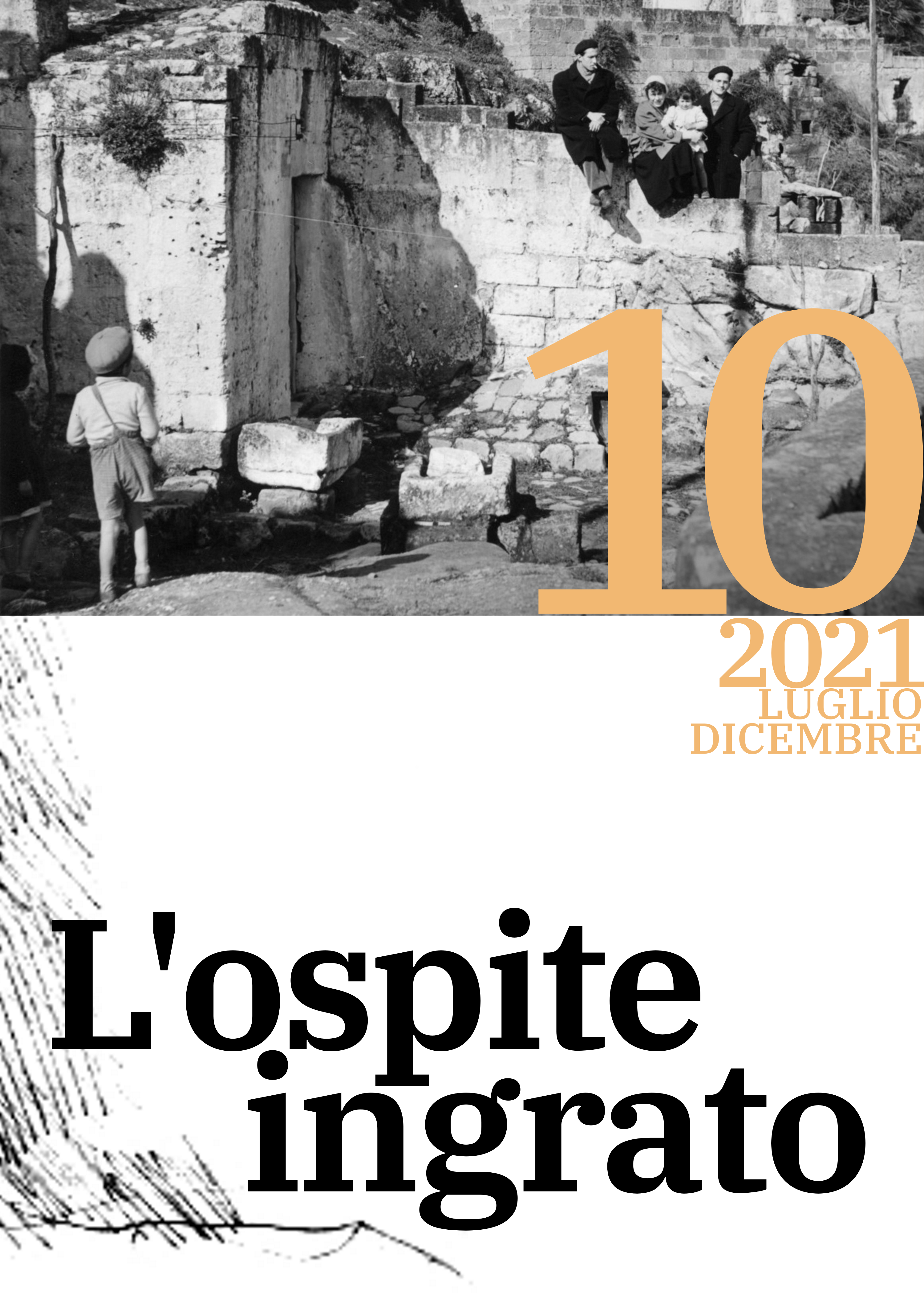How to Cite
Abstract
This article aims to contribute to the debate on the forms of critique in the twentieth century, trying to bring to light the potentialities of a dialectically inspired philosophy of reflection. The theme is investigated starting from a first evaluation of the role that the question of critique has had in the history of twentieth-century philosophy, which has, in various ways, reshaped the conceptual resources delivered by modernity. However, in order to explore the dialectical developments of contemporary critique, it is essential to return to the question of the Hegelian determinations of reflection. Indeed, the concept of “negativity” that unfolds here makes it possible to rebut the criticisms to “determinate negation” that have been made in the twentieth century by neo-Kantian transcendental philosophies and negative thought. Paying attention to the different stages of development of reflection, as described by Hegel in the “Doctrine of essence” of the Science of Logic, the need is shown here to reunite determinate negation with the broader path of reflection the culmination of which is the negatio duplex, that is, the negation ready to turn in on itself. Along these trajectories, the main features of a Hegelian and Marxian dialectical critical thought are confirmed and grasped against the background of what appears to be a crucial condition of critique itself: its becoming self-critical.

